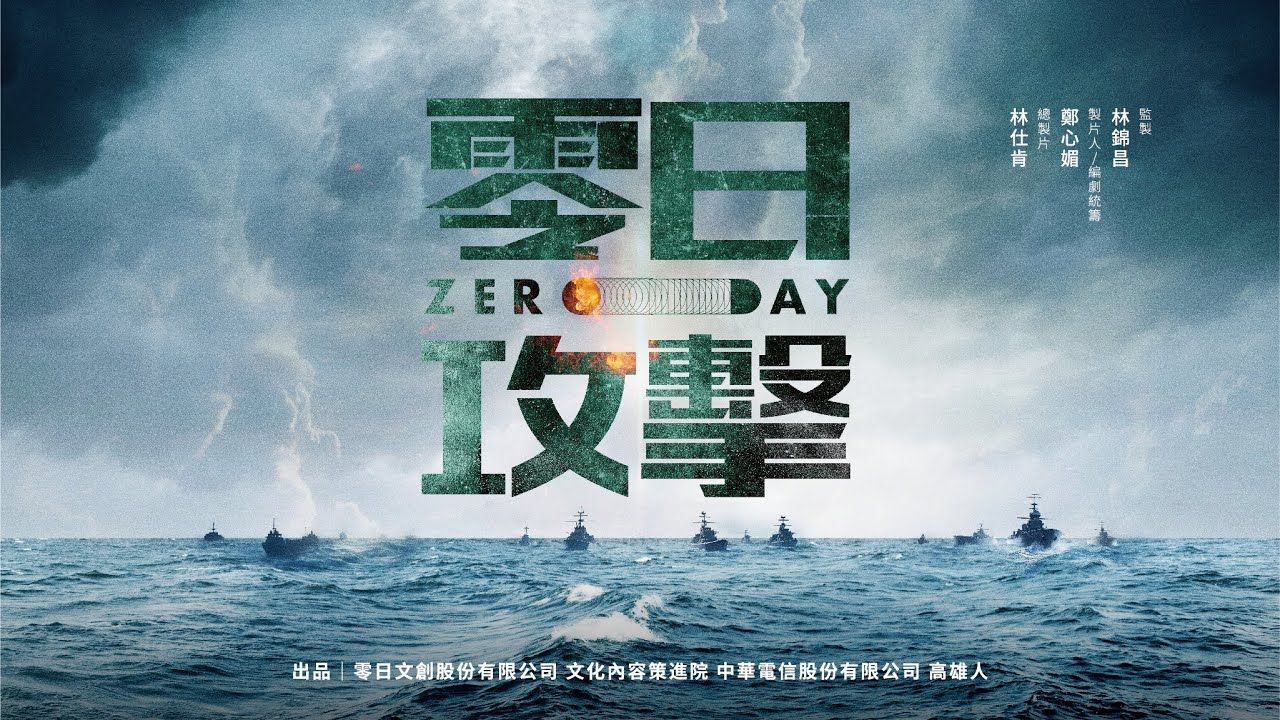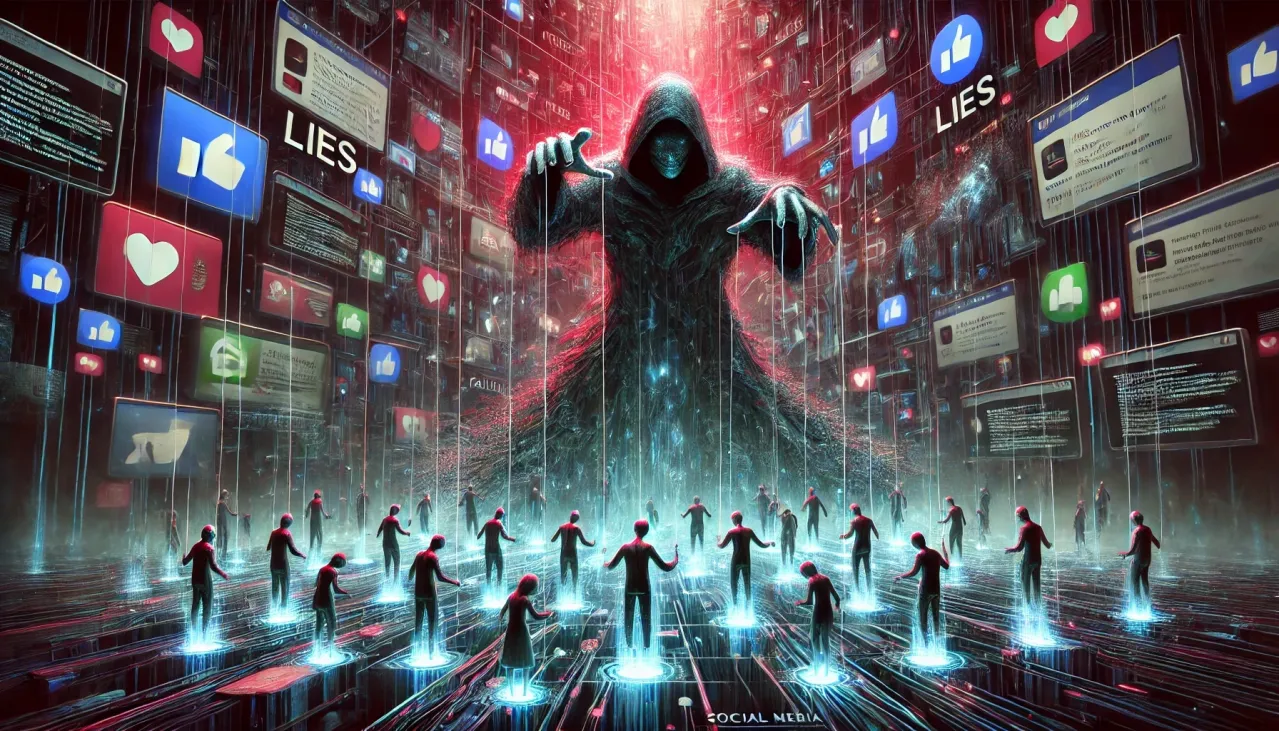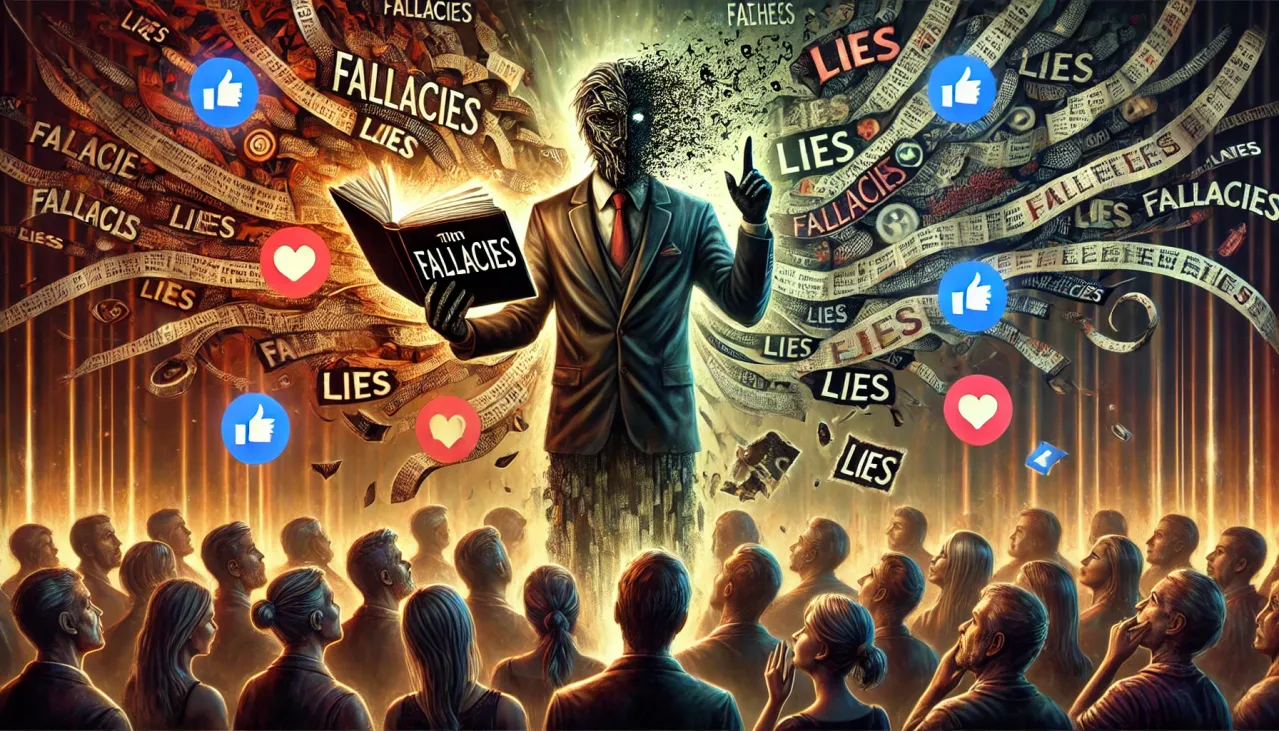But what really makes this series fascinating is how it’s ruffling feathers in Taiwan’s political landscape, particularly among the opposition.
Jaw Shaw-kong and his Kuomintang (KMT) colleagues have been quick to slam "Zero Day" as nothing more than propaganda for the ruling Democratic Progressive Party (DPP). They argue that the show is designed to scare the public into supporting the DPP, pointing out that Taiwan’s Ministry of Culture and a government-linked fund have invested in the production. They even suggest that the use of military sites and the presidential palace as filming locations is evidence of state complicity in pushing a political agenda.
But here’s the kicker: while the opposition is busy raising these concerns, they’re avoiding the most crucial question. If "Zero Day" is so biased, what is their vision of how a Chinese invasion would actually play out? What strategies do they believe Taiwan should adopt in such a scenario? Instead of providing answers, they’re dodging the issue, leaving the public in the dark.
This is where the NAFO mindset comes into play. We’re not here to get lost in the fluff. We’re here to cut through the noise and get to the heart of the matter. The opposition’s reluctance to offer a clear alternative to the narrative presented in "Zero Day" speaks volumes. It’s not just about what they’re saying—it’s about what they’re not saying. And that’s where NAFO comes in, armed with critical thinking and a relentless pursuit of the truth.
If the opposition can’t handle the heat, maybe they should rethink their strategy, because they’ve got a fierce new enemy: the truth. NAFO isn’t letting them hide their real goals behind various criticisms and missing details. We’re forcing them to answer the most important questions, and that’s a lesson everyone should take to heart.
In the end, "Zero Day" isn’t just a TV show—it’s a wake-up call. The propaganda machine has met its match, and NAFO is here to make the opposition squirm under the spotlight. So, grab some popcorn, tune in, and watch as the opposition is forced to confront the tough questions they’ve been trying to dodge.
This drama isn’t just entertainment; it’s a cultural phenomenon that’s exposing the cracks in the opposition’s narrative. "Zero Day" is the conversation starter Taiwan needs, and if the opposition wants to be taken seriously, they’ll need to start providing answers—because NAFO won’t let them off the hook that easily.
For further references: the NY Times article about this controversy.
《零日》:让台湾反对派坐立不安的电视剧(以及他们为何回避真正的问题)
如果你正在寻找一部扣人心弦的新剧,还有点政治悬疑,那《零日》就是你的不二选择。这部台湾电视剧深入探讨了中国入侵的可怕前景,展示了封锁、虚假信息传播和政府陷入困境时的混乱局面。但真正让这部剧引人注目的是它如何搅动台湾政坛,尤其是在反对派中引发的骚动。
国民党(KMT)的赵少康和他的同僚们迅速抨击《零日》,称其不过是民进党的宣传工具。他们认为,这部剧是为了吓唬公众,进而支持民进党,并指出台湾文化部和一个政府相关基金会投资了该剧的制作。他们甚至暗示,在军事基地和总统府取景拍摄,证明了国家在推动政治议程方面的合作。
但问题的关键在于:反对派在提出这些担忧的同时,却回避了最重要的问题。如果《零日》如此偏颇,那么他们认为中国入侵将如何展开?他们认为台湾应该采取什么策略?反对派没有提供答案,而是回避问题,让公众摸不着头脑。
这就是NAFO思维的用武之地。我们不会迷失在表面,而是直击问题的核心。反对派不愿提供比《零日》更清晰的替代叙述,这本身就说明了问题。他们说什么并不重要,重要的是他们不说什么。而NAFO将带着批判性思维和对真相的坚定追求登场。
如果反对派无法承受压力,或许他们应该重新考虑策略,因为他们面对的是一个强大的新敌人:真相。NAFO不会让他们躲在模糊的批评和缺失的细节后面。我们将逼迫他们回答最重要的问题,这是每个人都应该铭记的教训。
最终,《零日》不仅仅是一部电视剧,它是一个警钟。宣传机器遇到了对手,而NAFO将在聚光灯下让反对派感到难堪。所以,拿好爆米花,打开电视,看看反对派如何被迫面对他们一直在回避的棘手问题。
这部剧不仅仅是娱乐,它是一种文化现象,正在揭示反对派叙述中的裂缝。《零日》是台湾需要的对话发起者,如果反对派想被认真对待,他们需要开始提供答案——因为NAFO不会轻易放过他们。





